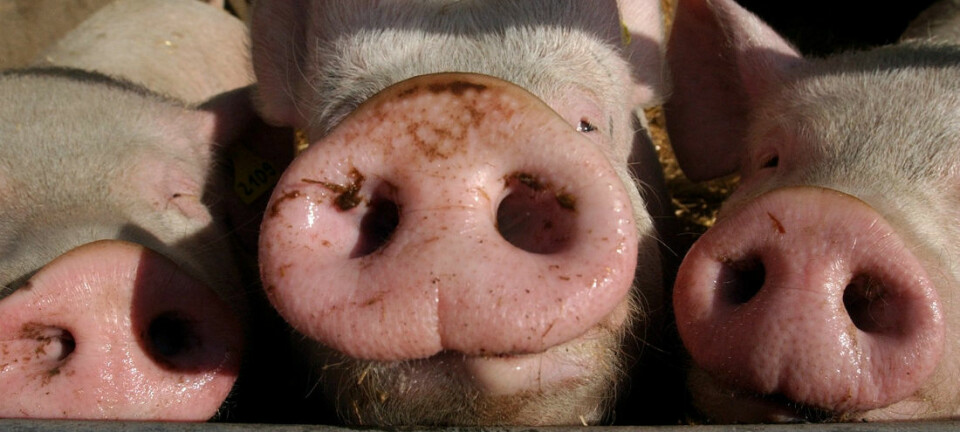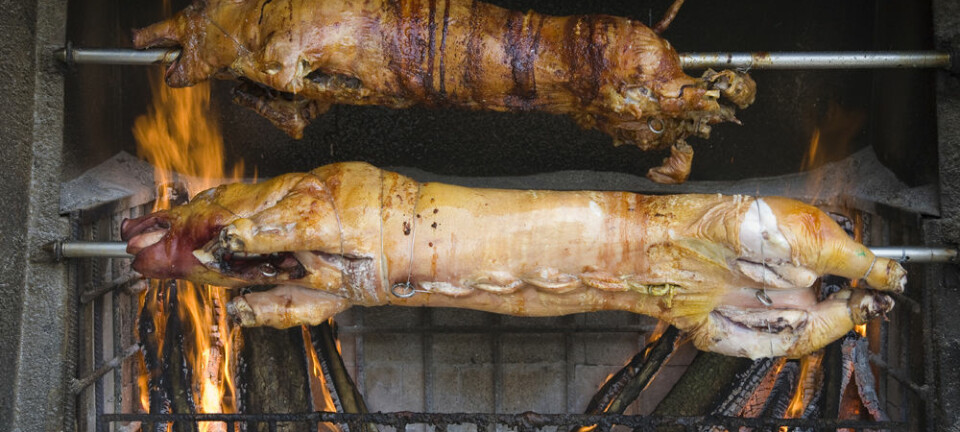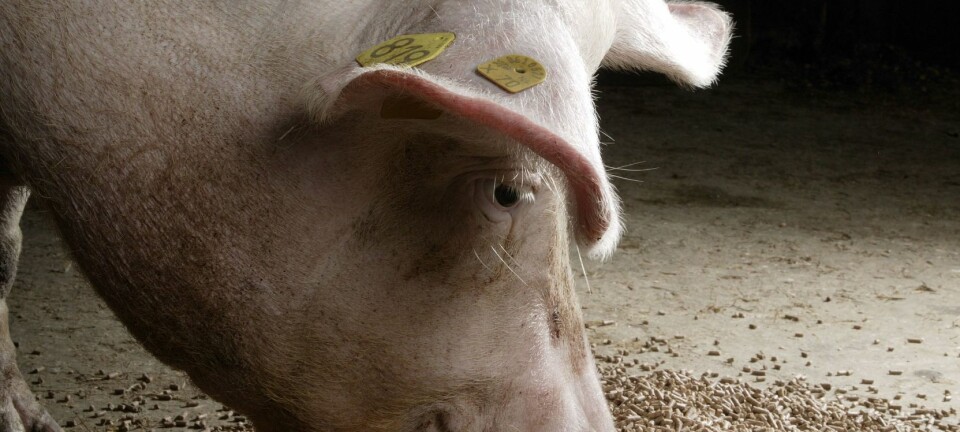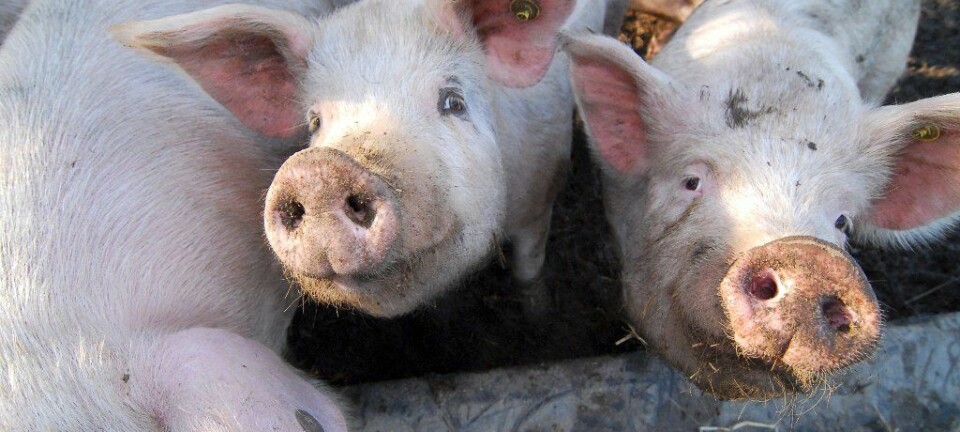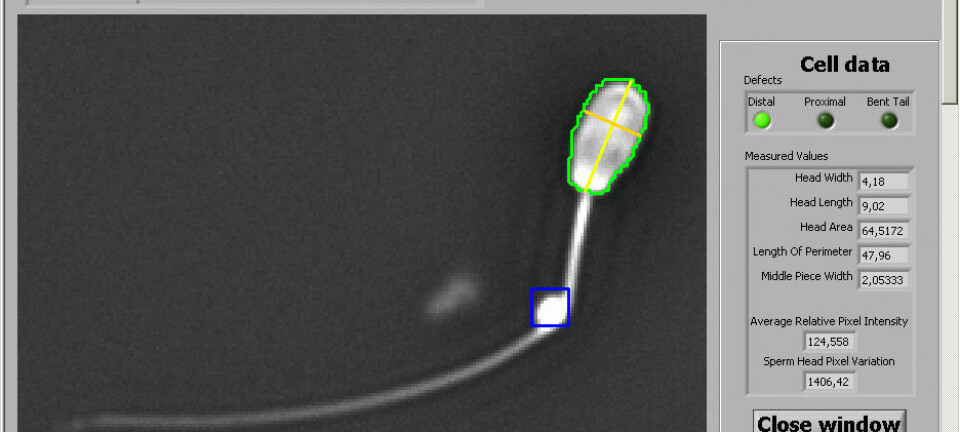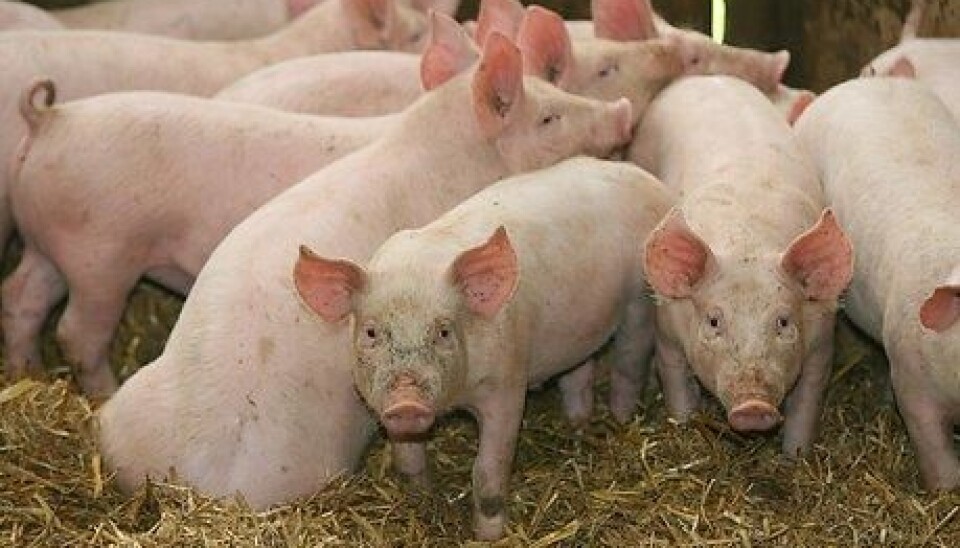
The future of farming: pig cities
Ambitious research project aims to bring pig production into urban areas.
In the future, the transition between the countryside and the city will no longer merely consist of dismal industrial sites.
This concrete jungle may soon be joined by luxuriant market gardens and modern pigstys, says Danish architect Nee Rentz-Petersen, whose postdoctoral project takes a closer look at the future of farming.
“We need to rethink our approach to farming,” she says. “In pig production, for instance, there is a lot of wastage in the shape of poorly harnessed nutrients from heat and liquid manure. We need to combine our means of production, just like in the old days when agriculture covered animals and crops alike.”
Petersen believes that by using biogas systems, for instance, farming could become an energy-producing industry: “In the long run, urban agriculture could expand its production by delivering energy into the cities.”
Combined tomato and pig production
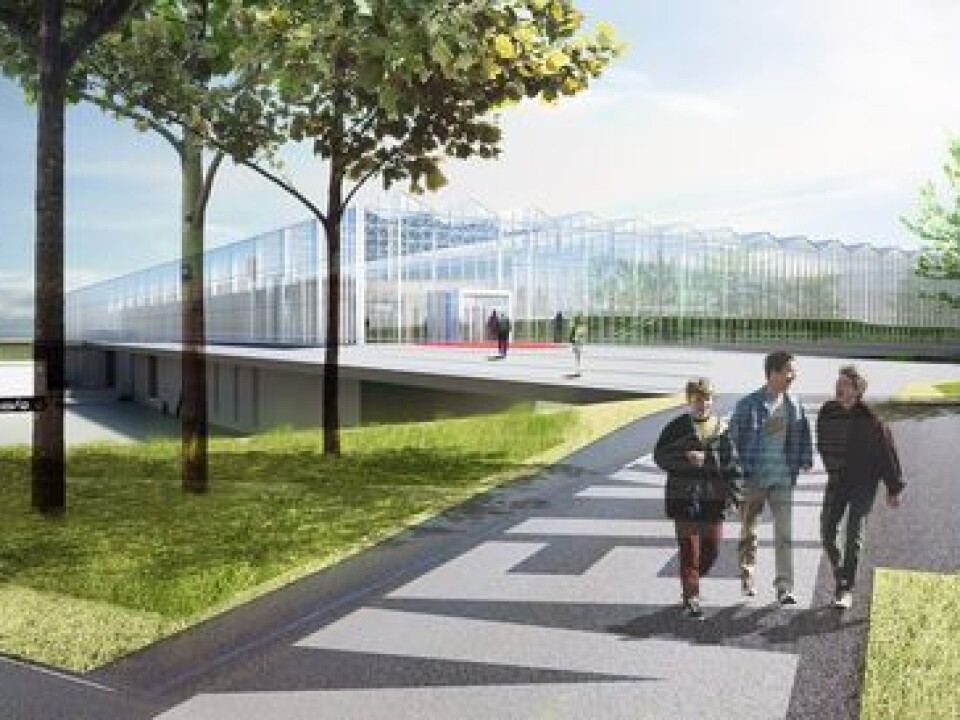
Petersen's project, entitled “Pig City”, consists of a pigsty with a tomato garden on the first floor.
She believes such production systems could be built in closed-down industrial areas near cities, since they don't require any surrounding soil. Neither do they create any of the foul smells commonly associated with pig farming.
Bringing farming into urban areas could also reduce the farmers’ transport costs.
Once completed, Pig City will smell of moist soil and green plants, even though it has a pigsty in the basement. This is made possible by cleaning the air from below and then blowing it up into the soil upstairs, where the tomatoes are being cultivated. The remaining smells will degrade into the ground soil, leaving only clean air coming out of the roof of the tomato garden.
Pig City is carbon neutral
There are obvious advantages in our production methods. Pig City is 100 percent carbon-neutral, even though we produce pigs and tomatoes. Our system brings us full circle with the CO2, energy and nutrient balance.
Nee Rentz-Petersen
Heating up gardens like this is usually expensive and bad for the environment. In Pig City, however, the CO2 from the pigs helps the tomatoes grow, and the warmth from the pigsty heats up the garden. Pig City can even generate its own electricity by means of a biofuel system which runs on organic fertilisers.
“There are obvious advantages in our production methods,” says Petersen. “Pig City is 100 percent carbon-neutral, even though we produce pigs and tomatoes. Our system brings us full circle with the CO2, energy and nutrient balance.”
Ecological pig farming still rare
Despite the current emphasis on organic farming, less than one percent of pig farming is organic. The remaining 99 percent must be improved upon, and according to Petersen, that means we need to move away from traditional organic methods.
Firstly, there is simply not enough space to convert the 99% into organic farming. Secondly, with the current ecological methods, the animals must be able to roam freely, but that's not good for the environment because you can never pick up all the nutrients.
“We need to look at the big industrial farmers in Denmark. There is huge potential in making them more environmentally friendly by using new technologies such as fertiliser separation plants, biogas and air cleaning systems like the ones we’re proposing in Pig City.”
Prize-winning project
The Pig City project has received a lot of media attention. It received the Danish Design Centre's Vision Prize 2010/11. The Danish government and parliament have also shown interest in the new concept for combined tomato and pig production.
The building of Pig City is expected to start in 2012.
Read the article in Danish at videnskab.dk
Translated by: Dann VInther
